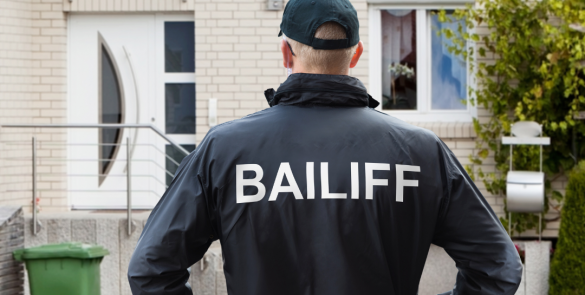Demystifying the Section 8 Notice: A Comprehensive Guide for Landlords
When it comes to managing rental properties, landlords occasionally find themselves in situations where tenants are in breach of their tenancy agreements. In such cases, a Section 8 notice can be a valuable tool to regain possession of the property.






